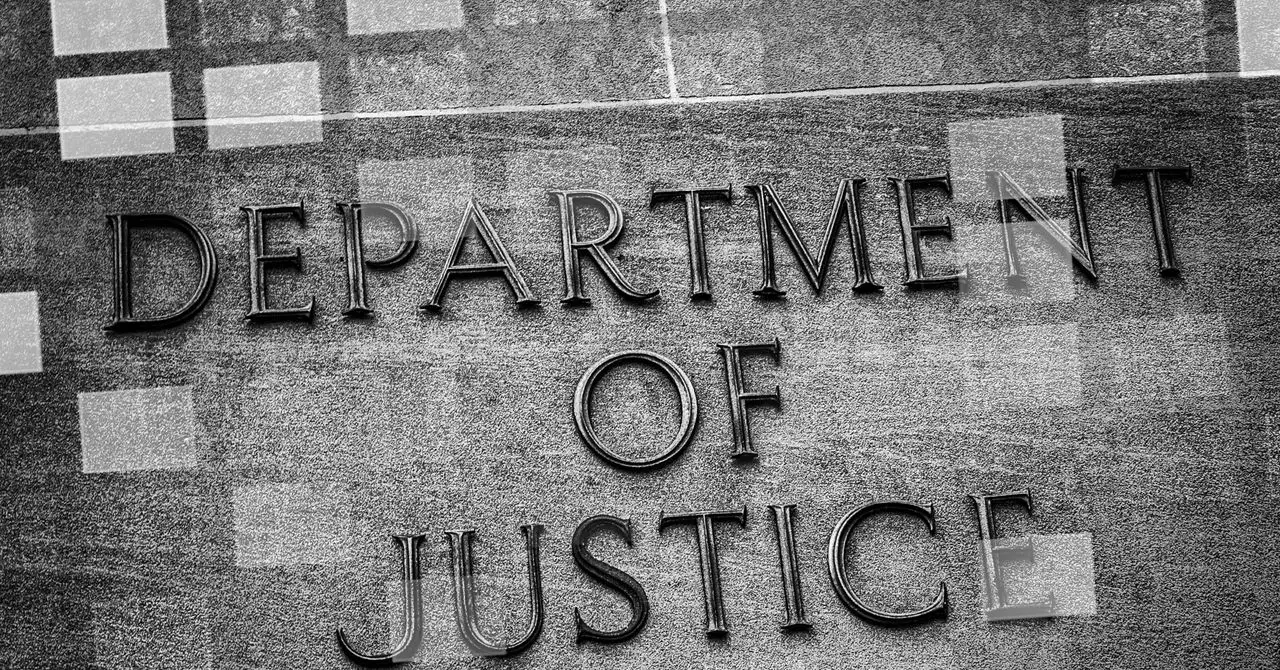The upcoming trial of developer Alex Storm over Tornado Cash plunges into the complex intersection of privacy, legality, and technological innovation. At its core, this case challenges fundamental questions: Did Storm knowingly facilitate illicit activities, or did he merely develop a privacy tool that others exploited? The implications stretch far beyond one man’s reputation, touching on the very ethos of decentralized finance (DeFi) and digital rights. The prosecution’s insistence on Storm’s alleged intent to aid money laundering threatens to redefine legal boundaries, while his defense champions the sanctity of software development and privacy rights.
This legal battlefield hinges on what Storm and his team knew or should have known. Prosecutors allege that Tornado Cash was operated as a for-profit entity, effectively functioning like a money transmitter that should have been subject to regulatory oversight. They argue that Storm’s role was more than passive; even if he did not control individual transactions, creating and maintaining the protocol made him complicit in the misuse of his technology. In this view, merely releasing open-source code without safeguards is tantamount to complicity in crime—an interpretation that sharply conflicts with typical views on software development and free expression.
Counterarguments from Storm’s defenders emphasize that he never directly handled user funds nor controlled how Tornado Cash was used. They argue that removing the option for user oversight on the protocol limited Storm’s responsibility. Furthermore, claims that Tornado Cash was a profit-driven enterprise are contested, with critics labeling such assertions as attempts to stretch existing laws to suppress privacy-enhancing technologies. This legal tug-of-war exposes a broader debate: Should creators of privacy tools be held liable for the unlawful acts of others? Or are they protected by principles of free speech and innovation?
The Broader Consequences: A Threat to Privacy, Innovation, and First Principles
The stakes transcend just one developer’s fate. If Storm is convicted, critics warn it could send a chilling message to the entire tech industry—potentially criminalizing the very act of software creation that enables privacy and financial sovereignty. Many see this case as a proxy battle for the future of decentralized systems, where individuals can transact without interference from centralized authorities. The risk is that, under legal pressure, the space for privately conducted digital transactions may shrink dramatically, stifling innovation at its roots.
Notably, supporters of Storm and advocates of digital rights focus on how this precedent could infringe upon First and Fourth Amendment protections. Publicly releasing open-source code has long been recognized as a core expression of free speech. To argue that such activity equates to facilitating money laundering threatens the constitutional foundations that support technological progress. Critics also draw an analogy: if developers of widely used open-source software like Linux or messaging apps like WhatsApp aren’t held responsible for crimes committed using these platforms, why should privacy-focused protocols like Tornado Cash be an exception?
This legal case sparks a larger debate about the limits of regulation in the digital age. Should a developer be held accountable for the potential misuse of their code, or does the user’s agency take precedence? The lines become especially blurry when considering the importance of privacy tools in oppressive regimes or for journalists and activists seeking safety from surveillance. The trial becomes a litmus test for whether technology and privacy can be protected from overreach.
Legal and Ethical Implications: A Fight for the Future of Decentralization
The potential for a guilty verdict carries profound repercussions for the decentralized finance movement and technological freedom. If Storm’s actions are deemed criminal, it could set a dangerous precedent: that creating privacy-preserving software carries the risk of criminal liability, regardless of intent. This could result in a Kafkaesque environment where developers operate in fear of legal repercussions, undermining innovation and the core principles of open-source collaboration.
Supporters also emphasize that the legal arguments against Storm may unjustly conflate the tool with its misuse. By comparing Tornado Cash to other universally used software—like Linux—it becomes apparent that the tool itself is neutral. Its purpose depends on the user, and penalizing its creator could be akin to punishing the chef rather than the criminal who eats the meal.
The case’s outcome may ultimately be determined not solely by the law but also by the judicial philosophy that governs its interpretation. Many argue that the case will likely escalate to appellate courts, possibly reaching the Supreme Court, where questions about free speech, innovation, and privacy will be given broader constitutional scrutiny. Storm’s firm stance of non-repentance highlights his belief that standing up for privacy rights is worth the personal and legal costs, even as critics warn that the outcome could reshape the landscape of digital freedoms for years to come.
This trial is more than just a legal proceeding—it is a pivotal moment in how society balances privacy, regulation, and technological progress. As the case unfolds, it will become a defining chapter in the ongoing effort to preserve the open, decentralized, and private nature of the digital universe against the encroaching reach of government regulation.

